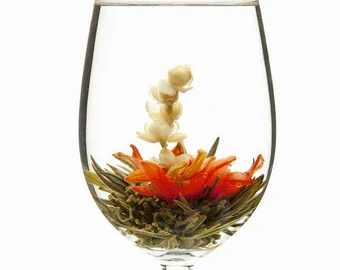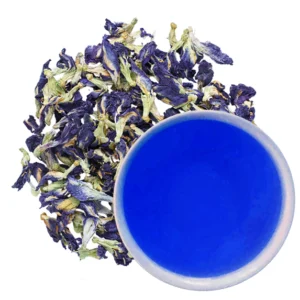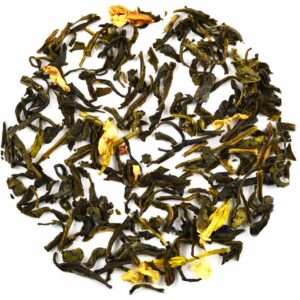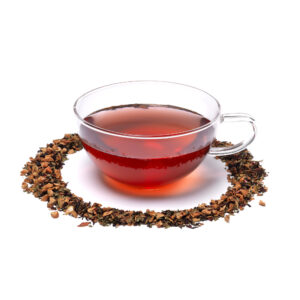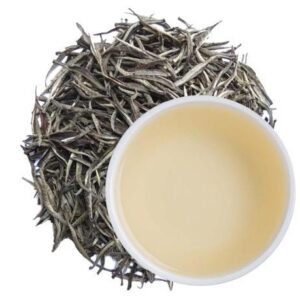OUR ROLE:
Teas taste best when they are fresh. Much like vegetable and fruit, teas do go stale over time. The traditional tea route is a long one, beginning in the garden and involving multiple middlemen. It takes between 6-8 months for teas, once produced, to reach the consumer. We did away with the long supply chain, reducing it from five stages to two. We want to become the single link between producer and a global consumer base. The happy consequence is a better price for a much better tea. Not to distributors. Not to resellers. But to tea drinkers. Buy Aromatic fresh Single-Estate Darjeeling Teas, Handpicked from the finest Tea Gardens. We bring you the Best Darjeeling Tea from the Award-Winning Tea Gardens.
STEPS TO MAKE A PERFECT CUP OF JAPANESE BLOOMING TEA:
Step 1: Heat water: Heat fresh water to a temperature appropriate for the type of tea leaves used. For blooming tea made with green tea leaves, the recommended water temperature is around 175°F (80°C).
Step 2: Place the tea ball in a clear teapot or glass: Choose a clear glass teapot or cup that will showcase the blooming tea’s visual appeal. Place one blooming tea ball in the teapot or glass.
Step 3: Pour hot water: Slowly pour the hot water over the tea ball. Be careful not to pour too quickly or from too high up, as this may damage the delicate tea ball.
Step 4: Steep the tea: Allow the tea ball to steep for 2-5 minutes, or until the ball has fully unfurled and the tea has reached the desired strength.
Step 5: Serve: Once the tea is ready, pour it into a cup and enjoy the visual display of the blooming tea as well as the delicate and aromatic flavor.
BENEFITS OF DRINKING JAPANESE BLOOMING TEA:
1. High in antioxidants: Japanese blooming tea contains high levels of antioxidants, which can help to protect the body from damage caused by free radicals.
2. May reduce the risk of chronic diseases: The antioxidants found in Japanese blooming tea may help to reduce the risk of chronic diseases such as heart disease, stroke, and cancer.
3. May improve digestion: Some studies have suggested that the polyphenols found in tea may help to improve digestion and reduce inflammation in the digestive system.
4. May improve cognitive function: Some studies have found that the caffeine and L-theanine found in tea may help to improve cognitive function, including memory, attention, and reaction time.
5. May promote relaxation: The amino acid L-theanine found in tea may help to promote relaxation and reduce stress and anxiety. 6. May support immune function: The antioxidants and other compounds found in tea may help to support immune function and reduce the risk of infections.

